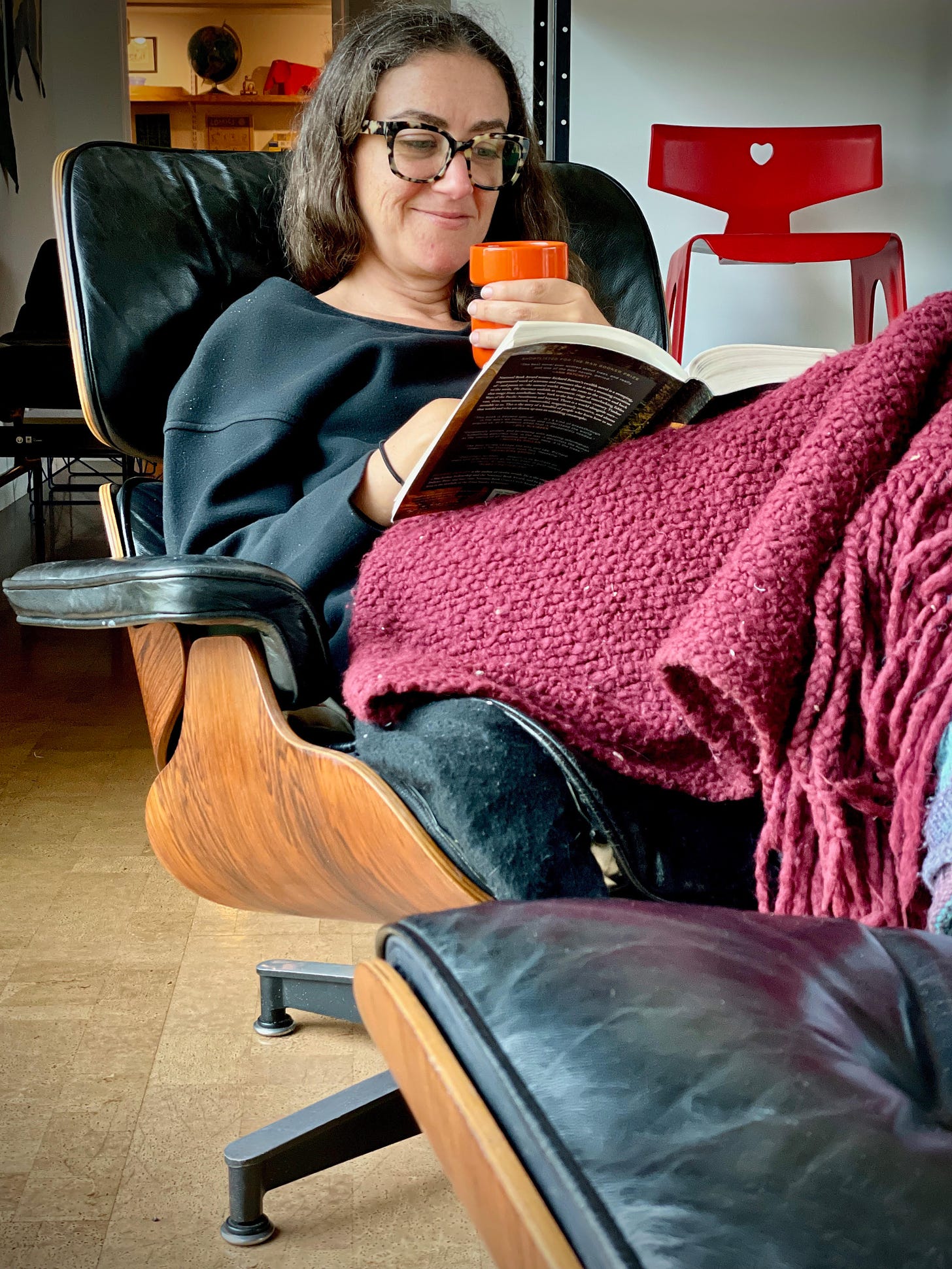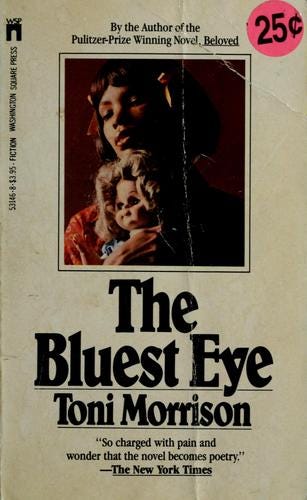I just finished a book that I was really, really looking forward to—a memoir by someone who I find utterly irresistible online. Reader, I was disappointed. I felt like I was reading a first, not tenth draft, an email, not a work of art. I kept wondering, “What kind of feedback did they get along the way? Did their editor or their friends look at drafts and give them honest thoughts about where it felt repetitive, and where it was begging for a bigger point, a sense of the insight that comes from distance?”
I don’t know. I don’t actually know this writer or their editor or friends. I have no idea what kind of feedback they got or didn’t get. I only know my own reaction. I only know my own evaluation based on that reaction…
And even with regard to this—my own evaluation—how do I know?
It’s a question I’ve come to honor, even treasure, as I walk through the world—particularly as a White woman consuming work by Black artists. I first read it in Robin DiAngelo’s White Fragility:
“Racism is so deeply woven into the fabric of our society that I do not see myself escaping from that continuum in my lifetime. But I can continually seek to move further along it. I am not in a fixed position on the continuum; my position is dictated by what I am actually doing at a given time. Conceptualizing myself on an active continuum changes the question from whether I am or am not a racist to a much more constructive question: Am I actively seeking to interrupt racism in this context? And perhaps even more importantly, how do I know?”
I’ve asked these four words of myself over and over since reading them. Not just “how do I know?” how I’m doing in terms of taking anti-racist action, but more generally, “how do I know” that my evaluations are “accurate”? Where do they come from? What might their limitations be? What other approaches, metrics, definitions of success might I consider?
Or, in this case, how do I know what a “good” memoir is?
In large part, I’ve learned what “good” is through other White people—my mom, an avid and carnivorous reader, was my biggest and first literary influence. She reads widely and with a unique generosity, but still, she was shaped by her mostly White world. And then there were my mostly White professors at an Ivy League school, who had all kinds of ideas about what a “well made” play or a decent five-paragraph essay or an effective op-ed looks like. I took a personal essay class that I absolutely adored from a White professor and we used The Arts of the Personal Essay by Phillip Lopate as a text; I pulled it off my shelf just now and counted the authors included: 41 of the 50 are White. I was part of a writers group for many years that had a profound effect on me and my sensibilities; that group was multi-racial, but plenty of strong White voices in the mix. I did my own reading, of course; memoir is one of my all-time favorite genres. I have loved works by Maya Angelou, Sarah M. Broom, Joan Didion, Vivian Gornick, Lucy Grealy, Mary Karr, Caroline Knapp, Sisonke Msimang, Cheryl Strayed, Jesmyn Ward…
Maybe my idea of the tenth draft, of a “work of art,” are White ideals. They are certainly heavily influenced by White brains and hearts and sensibility and culture. As drawn as I’ve been to writers who aren’t White, my literary imagination is still rooted in a homogenous soil.
This doesn’t mean my reaction, my evaluation, doesn’t have value. Maybe this Black author did need more substantive and honest feedback from someone along the way. Most importantly, maybe they wanted more feedback, more time, more mentorship. I can’t know, but it helps to know that I can’t know—to honor my instinct, not by being wholly convinced of its validity, but by wondering about its limitations. I ask other people what they thought, especially those whose literary imaginations are rooted in different soils. I listen to interviews with the author and try to understand what they were trying to do, from their own perspective, and then mull over whether they achieved that. I stay curious.
I fear that too often White audiences—the White gaze—is overly determined. We are either gushing performatively about Black artists in an attempt to feel proximate to their genius (think all the “Black girl magic” talk on White women’s instagram feeds) or we avoid rigorously engaging with their work out of fear that our critiques or questions or feedback will seem racist. I’m trying to find my way to a sort of authentic conscientiousness—a place from which I can love what I love, but also question what I don’t love, a place from which I can consume art without assuming it was made for me.
Part of what I love most about literature is its ability to transcend category. Toni Morrison’s The Bluest Eye is the first book that really blew my little mind, that made me want to be a writer. That book wasn’t written for me—a little White girl in Colorado Springs, Colorado—but it spoke to me on a life-changing level. It modeled truth telling and beauty on a level that would follow me the rest of my days.
But transcendence is only possible if we acknowledge the position from which we read and see and live and dream, which is of course, part of what that book was all about. In other words, I want the relationships I have with art to be as edifying and confusing as my relationships with people. The artists deserve nothing less.






Beautifully written and ever so vital. Thank you, Courtney.
Dang. I have this love hate relationship with your writing, Courtney. You are so brutally honest, self deprecating and insightful - I love it. But so often you wallow in a millennial-leftist, uber-insular, urbanized and skin-color-conscious world that is, frankly, foreign to me. I love that you ask the essential question 'How do I know?' And, I hate that you reference DiAngelo and am disappointed that you are an acolyte of her illogical theories. 'The Bluest Eye' blew your mind, and 'Beloved' sliced me into bits. But I don't doubt what was written for me... i chose the book. I read it and pondered it, as any savvy reader would. Who, exactly, is anything written 'for', but a reader who chooses? And finally, of course, I hate that you resort to the simplistic and dangerous categorization of people by their skin color. It's divisive - You're too smart to not know that. But more importantly, it is structurally meaningless. What, exactly do you mean when you write 'White'? Who is the White? Who is the Black? Your most splendid nuance drowns in your cauldrons of color. Dang.